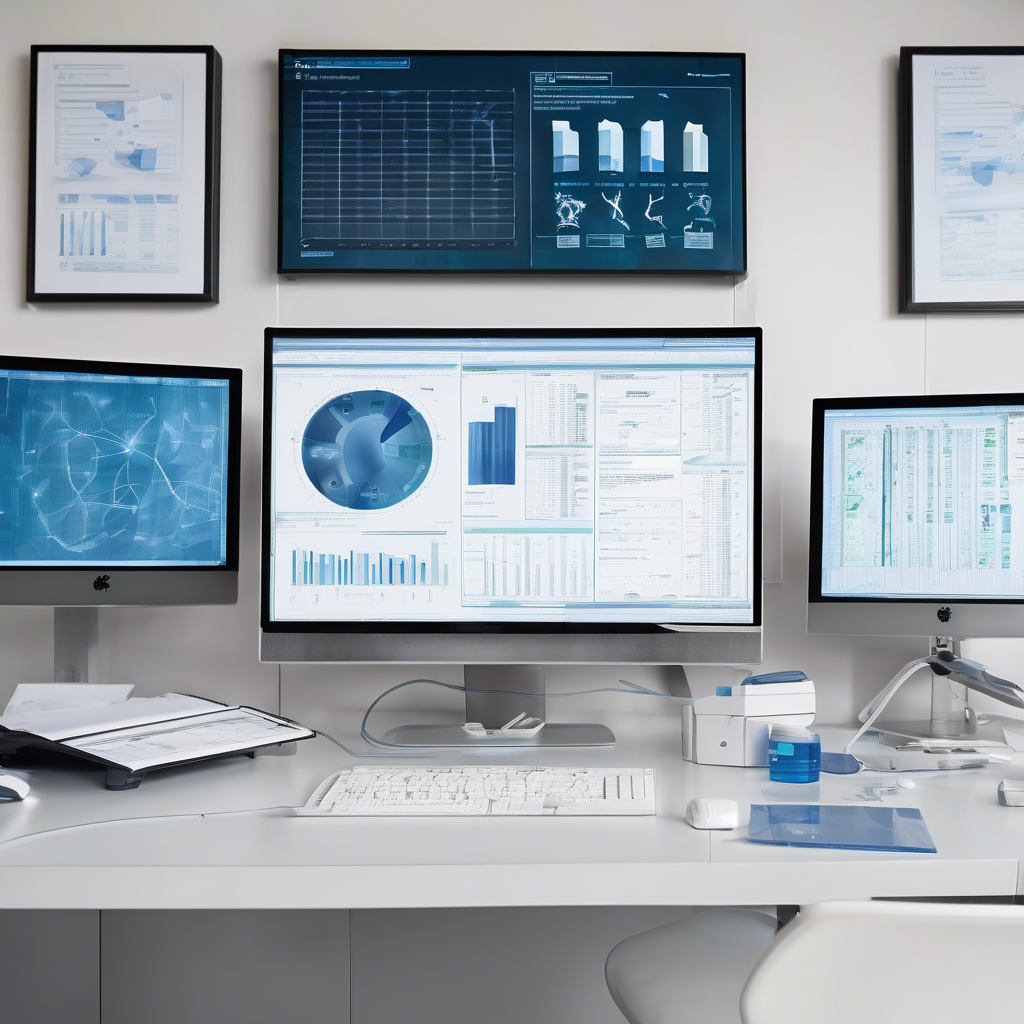
Cancer continues to be one of the most formidable health challenges globally, standing as a leading cause of mortality across diverse populations. Yet, amid this daunting landscape, a beacon of hope shines through advancing science strongly indicating that as much as 80% of cancers could be preventable. This preventive potential largely hinges on the power of early detection paired with mindful lifestyle choices. The development of oncology risk scoring systems is at the heart of this transformative movement, ushering in an era where personalized cancer prevention moves from aspiration into reality. These sophisticated tools analyze individual risk factors to help people understand their unique cancer susceptibility and proactively adjust their lives for better health outcomes.
Oncology risk scoring systems derive their strength from integrating multiple dimensions of cancer risk, such as genetics, family history, personal habits, and environment. Genetic analysis is a cornerstone of this approach, uncovering inherited mutations that might predispose someone to cancers like breast, ovarian, or colon cancer. Programs like the Genetics and Personalized Cancer Prevention initiative provide valuable genetic counseling and testing to give people a clearer picture of their hereditary risk. Moreover, family history evaluation considers how cancer may have affected close relatives, further clarifying an individual’s likelihood of developing certain malignancies. Beyond genetics, lifestyle and environmental factors—ranging from smoking and diet to exposure to carcinogens—are carefully weighed, painting a comprehensive risk profile. Biomarker analysis adds another layer of precision by examining gene expression in tumor tissues, assisting in predictions of cancer recurrence, which helps tailor surveillance and treatment plans accordingly.
Utilizing the insights generated from oncology risk scoring, healthcare providers can devise highly individualized prevention plans. These strategies often combine targeted lifestyle modifications like dietary improvements and exercise routines along with personalized screening protocols designed to catch cancers at the earliest, most treatable stages. Early detection remains one of the most effective weapons against cancer progression, and risk scoring systems enable screening schedules that reflect personal vulnerabilities rather than generic guidelines. Such personalized approaches empower people to make informed choices, whether that means quitting smoking, controlling weight, scheduling clinical visits, or even considering preventive medical interventions when appropriate. This paradigm shift from reactive to proactive care highlights prevention over treatment, aiming to diminish both cancer incidence and its devastating impact.
A standout example of this innovation is OncoPreventer, a comprehensive platform that amalgamates genetic insights, artificial intelligence, and preventive oncology into a seamless, user-friendly experience. By evaluating individual genetic markers alongside lifestyle data, OncoPreventer calculates personalized cancer risk scores and converts them into actionable prevention tactics. Users receive tailored nutritional advice, supplementation recommendations, and reminders for regular health checkups, empowering continuous engagement with their well-being journey. Furthermore, OncoPreventer offers advanced, non-invasive at-home screening tools for ongoing cancer surveillance, removing traditional barriers of inconvenience or discomfort. The platform also evolves alongside its users, recalibrating prevention plans as health data and personal habits change. This dynamic, holistic approach underscores the tremendous potential that personalized medicine holds in empowering individuals to circumvent cancer development before it begins.
The landscape of oncology is rapidly transforming, and risk scoring systems are poised to revolutionize cancer prevention by emphasizing personalization and proactive care. As demonstrated by tools like OncoPreventer, individuals now have access to sophisticated assessments and tailored strategies that translate complex medical data into practical, everyday actions. With cancer prevention increasingly understood as a multifaceted challenge requiring both scientific precision and lifestyle mindfulness, these innovations offer vital hope. By recognizing and acting upon personal cancer risks early—through targeted genetics, lifestyle adjustments, and vigilant screening—people can assert control over their health trajectories. In an era where a substantial portion of cancers are deemed preventable, oncology risk scoring stands as a vital bridge between knowledge and action, charting a path toward reduced cancer burden worldwide.
#CancerPrevention #OncologyInnovation #PersonalizedMedicine #GeneticTesting #EarlyDetection #HealthyLiving #OncoPreventer
Leave a Reply